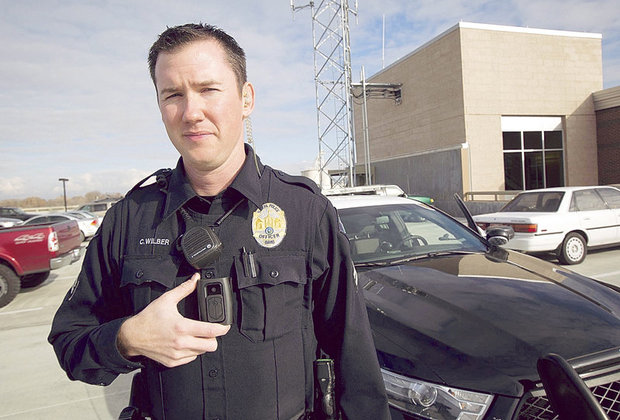Phys Org | As President Obama pledges investment in body-worn-camera technology for police officers, researchers say cameras induce 'self-awareness' that can prevent unacceptable uses-of-force seen to have tragic consequences in the US over the past year—from New York to Ferguson—but warn that cameras have implications for prosecution and data storage.
Researchers from the University of Cambridge's Institute of Criminology (IoC) have now published the first full scientific study of the landmark crime experiment they conducted on policing with body-worn-cameras in Rialto, California in 2012—the results of which have been cited by police departments around the world as justification for rolling out this technology.
The experiment showed that evidence capture is just one output of body-worn video, and the technology is perhaps most effective at actually preventing escalation during police-public interactions: whether that's abusive behaviour towards police or unnecessary use-of-force by police.
The researchers say the knowledge that events are being recorded creates "self-awareness" in all participants during police interactions. This is the critical component that turns body-worn video into a 'preventative treatment': causing individuals to modify their behaviour in response to an awareness of 'third-party' surveillance by cameras acting as a proxy for legal courts—as well as courts of public opinion—should unacceptable behaviour take place.



0 comments:
Post a Comment